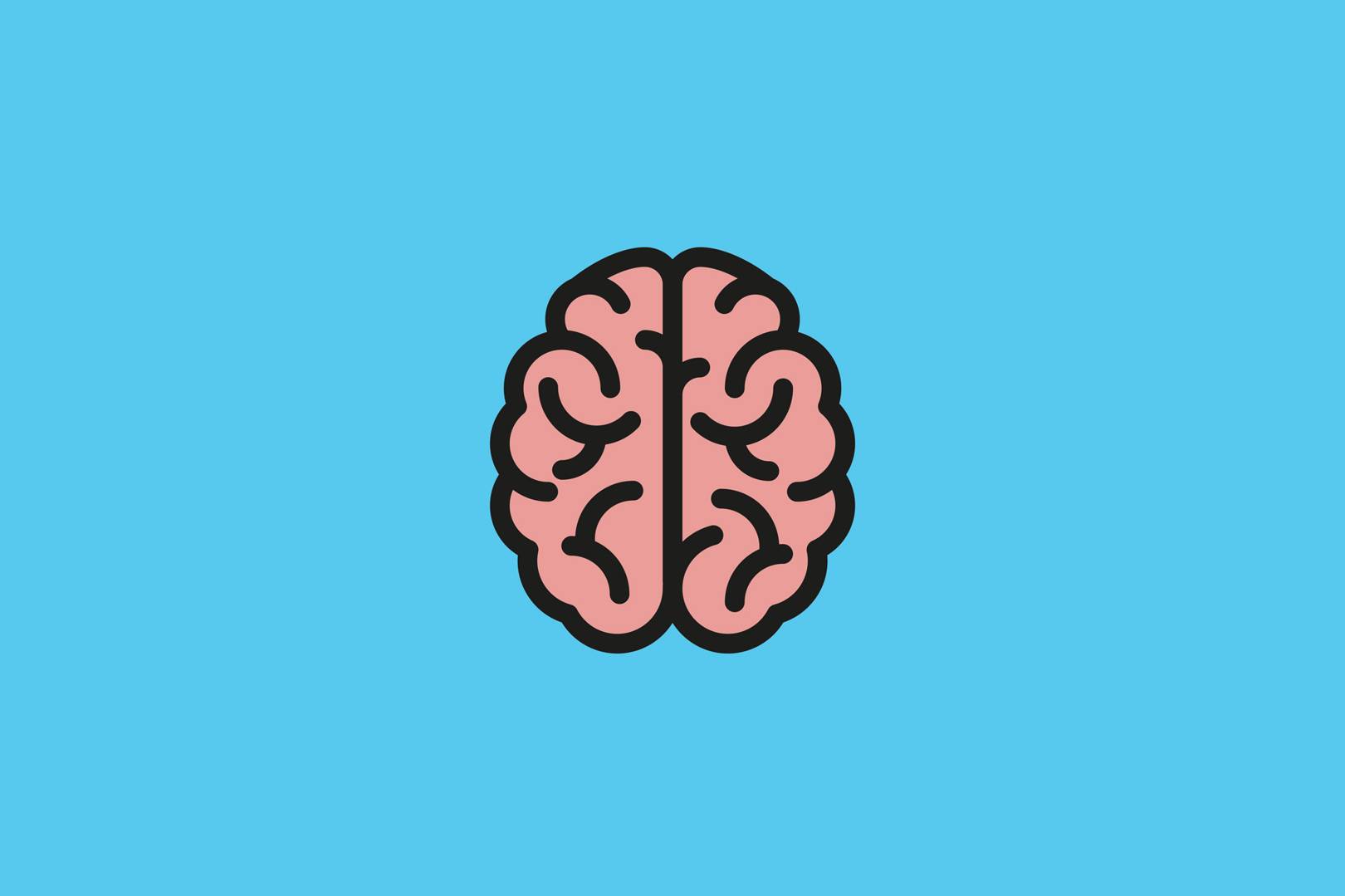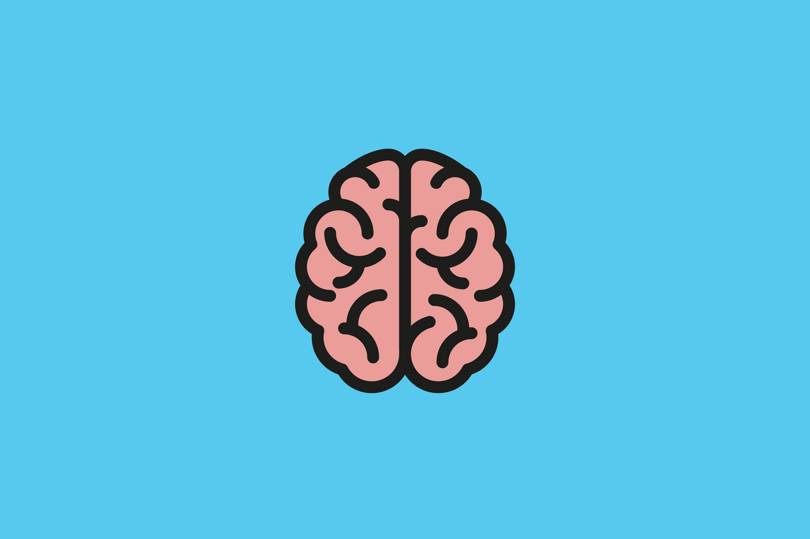Learn about brain health and nootropics to boost brain function
Zapping our brains with magnets could help reverse memory loss


Forgetfulness is one of the hallmarks of ageing – almost 40 per cent of people aged 65 or older have some form of age-related memory loss. And usually once forgetfulness has set in, things only get worse with age. But now a new kind of brain-zapping treatment might be able to reverse this slow decline.
“Everyone reports having worse memory as they get older,” says Joel Voss, associate professor at Northwestern University in the United States and the lead author of a study finding that magnetic stimulation of the brain can boost memory. “So, forgetting things like where you left your keys or where you parked your car, or what name goes along with a face. As we get older, they become worse and worse.”
These lapses in memory are often due to the natural degeneration of the hippocampus, a brain region heavily associated with short-term, long-term, and spatial memory. “The hippocampus is shrinking to some degree in age,” Voss explains. “So what shows up on people's MRI scans is reduced, effectively suggesting that the hippocampus is not doing as good of a job at communicating with the areas of the brain that it usually talks to when it needs to build a memory.”
But while there’s no way to regrow the hippocampus to the size found in young adults, scientists like Voss believe that with the right stimulation, this brain region can still recover a little of its youthful vigour. In a new study published in the scientific journal Neurology, Voss and his team at Northwestern University show how magnetic pulses can revitalize the hippocampus and improve the memory of older adults. “We still don't fully understand the mechanism,” Voss clarifies. “But the activity levels that we measure after the stimulations suggests a greater kind of communication between these cortical network regions and the hippocampus.”
Voss's experiment involved 16 participants aged 64 to 80 with normal age-related memory problems. They were asked to carry out some memory tests, which they mostly scored poorly on; more than 60 per cent of the older adults’ responses were wrong.
“So, forgetting where your keys are located or forgetting what names go along two phases – we turn them into a test that we can administer in the laboratory,” explains Voss. “So there'll be a collection of objects and they have to try to remember where they go on the computer screen. So the key is going to the upper left, the hat goes in the lower right, etc. And then after a delay, we test them to say, ‘Okay, here's a pencil. Have you ever seen it before?’ If they say yes, we say, ‘Okay, and what was it paired with?’”
Following the tests, some participants (others received a placebo) underwent transcranial magnetic stimulation, a non-invasive procedure in which a changing magnetic field is passed over a person’s head, causing electric currents to fire in specific areas of the brain through electromagnetic induction. As the hippocampus is too deep in the brain for the magnetic fields to penetrate, the parietal lobe, a brain region just above a person's left ear that communicates with the hippocampus, was chosen instead.
After receiving stimulation to this spot for 20 minutes a day over five consecutive days, the group were given new tests, in which the older adults scored at the same level of young adults on memory tasks. But perhaps the most surprising result was the participants’ obliviousness to their own progress. Ironically, the older group couldn’t seem to remember how bad their memory used to be.
“They don't seem to be aware of it,” says Voss. “So they fill out some questionnaires about whether they think their memory is improving, and we haven't seen any signals of improved awareness of better performance. So they're doing better, but they don't seem to realize it. And, if you think about why that might be, feeling like you have a memory problem is something that you integrate over a long period of time.”
But while Voss’s subjects might have a hazy recollection of the study, many readers might find it familiar. After all, only this month another paper was published in the journal Nature detailing how stimulations to brain regions in older adults can rapidly improve their working memory. And in 2016, another study used a similar electrical stimulation method similar electrical stimulation method to improve subjects’ working memories.
“We are also doing research in this area,” says Walter Paulus, a professor of clinical neurophysiology at University Medical Center Göttingen and co-author of the latter study. “As clinical neurophysiologists, our aim is, of course, to work on viable options for treatment of neurological diseases. But such studies, in general, are not easy to compare, as long as each parameter –electrode number, size and location, stimulation duration, stimulation intensity, state of the subject, nicotine and caffeine abuse, others – are controlled for.”
But while Paulus may find it difficult to compare such similar studies, Voss is keen to stress that his team’s magnetic method is more likely to be affecting the brain than such other studies. “[The Nature research] used a form of transcranial alternating current stimulation called "tACS", about which there is a major debate regarding whether the electricity actually enters the brain in sufficient strength,” he explains. “Indeed, a recent paper recent paper found that what appear to be positive effects of tACS are actually indirect, whereby the stimulation doesn’t affect the brain at all, but instead affects the nerves of the body.”
“So, the effects of this form of stimulation might be more like giving a drowsy person a cup of coffee, rather than directly influencing a specific brain network that is responsible for cognition.”
“In contrast, we know that [our study’s] energy is getting into the brain because we actually use the stimulator to stimulate the areas of the brain that control the body. So we can move people's hands around and such through their brains.”
However, in this emerging research field, efficacy might not be everything. Others will undoubtedly point to Voss’s small sample size if questioning his own study’s reliability. “That is always a concern: did you run enough people?” he asks. “But I often focus on relatively small samples because the changes that we see are highly robust, and relatively small size samples of people are pretty consistent.”
Whether conducted on 16 or 1600 people, Voss and his colleagues are confident in the memory-boosting abilities of their magnetic technique. And while it’s too early to say whether such a treatment could ever be profound enough to make its way to medical use, the Northwestern University team are eager to try.
“Right now, the main thing that we're trying to test is whether or not we can create more robust and longer lasting changes to memory ability,” Voss says. “So we're going to be stimulating for longer periods of time – many weeks – to see if we can create longer lasting changes in these individuals.”
Click here to view full article